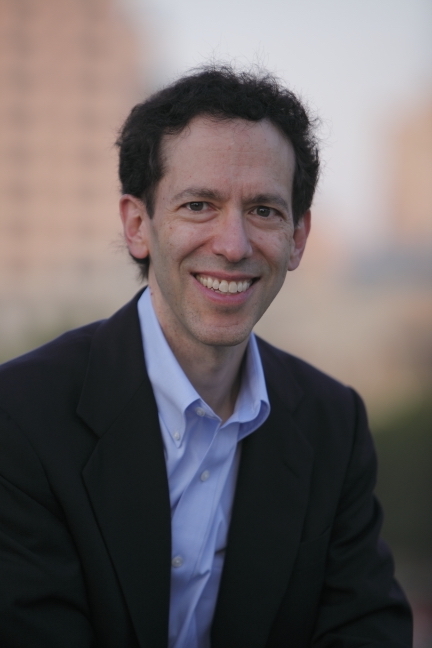Sunita Sah, Conflicts of Interest and Your Physician: Psychological Processes that Cause Unexpected Changes in Behavior, 40 J.L. Med. & Ethics 482 (2012).
Empirical research often teaches us that our intuitions are misleading. In an important discussion of her recent studies, Sunita Sah provides good reason to believe that public policy has gone down the wrong track when addressing physicians’ conflicts of interest.
As conflicts of interest for physicians have come under greater scrutiny, regulators commonly turn to disclosure as a remedy for the problem. If patients know about their doctors’ conflicts, the patients can take the conflicts into account when making their health care decisions. Patients can discount a conflicted physician’s advice or seek a second opinion. In addition, disclosure may discourage physicians from accepting payments or making investments that put them in conflicted positions. As it is said, sunshine can be an effective disinfectant.
With these apparent benefits, disclosure has become the most common response to conflicts of interest in medicine. The American Medical Association and the Medicare Payment Advisory Committee emphasize disclosure as a strategy for dealing with conflicts of interest. And the Patient Protection and Affordable Care Act requires manufacturers of drugs, devices and other medical supplies to report consulting fees, honoraria, gifts, grants and other payments to physicians. The Centers for Medicare and Medicaid Services will publish the reported payments online for public access.
However, policies of disclosure have serious drawbacks. For some physicians, disclosure can result in a greater willingness to enter into a conflict of interest. Once physicians disclose their conflicts, they may feel they have met their ethical obligations and therefore are fee to remain conflicted.
In addition, disclosure policies rely on the recipients of the disclosures to police the conflicts, and it may not be realistic to have that reliance. In her research with colleagues George Loewenstein and Daylian Cain, Sah has found that patients may not respond appropriately to the existence of a financial relationship when deciding whether it should affect their willingness to agree to their physicians’ recommendations. For example, studies show that while patients worry when their physicians have conflicts, they also are reluctant to act on their concerns. Patients fear that if they reject their physician’s advice after being told of a conflict of interest, they will signal to their physicians that they do not fully trust the physicians. Ironically, disclosure may make patients less likely to decline their conflicted physicians’ recommendations.
As Sah concludes, the likelihood that disclosure will make things worse should lead regulators to rely less on disclosure and more on prohibition as a remedy for the problem of conflicts of interest in medicine.
In her article, Sah also illuminates other important questions about conflicts of interest. For example, she discusses studies that tell us why physicians engage in conduct that creates conflicts of interest and how second opinions affect the extent to which the first physician will give biased advice. Scholars interested in conflicts of interest will find this article of great value.








